Activity Outcome
2025 “Dien·Song Dien·Cong” Collection Management Forum and Hakka Collections Workshop
- Source:客家文化發展中心
- Publication Date:2025/09/17
- Last updated:2025/09/17
- Count Views:456

To strengthen the collection management of museums in aspects like capacity, application, and revitalization for sustainable development, the Hakka Culture Development Center of the Hakka Affairs Council co-hosted the “Dien·Song Dien·Cong” Collection Management Forum on June 20, 2025 (Friday), in collaboration with the National Museum of Taiwan History, the National Science and Technology Museum, the National Museum of Prehistory, the Committee for Conservation of the Taiwan Museum Association, and the Tainan National University of the Arts. The forum brought together experts and scholars from museums, academic institutions, and related fields like cultural heritage preservation and digital archiving, from across Taiwan to engage in a cross-disciplinary exchange of practices and experiences.




The theme “Dien·Song Dien·Cong” underscores that collection management is not merely the static preservation of artifacts, but also an essential extension of everyday cultural practice. By establishing systematic approaches to collection management in aspects including conservation and maintenance, digital transformation, and public engagement, the initiative envisions a shift from simple “preservation” toward “revitalization,” and fostering opportunities for exchange and mutual learning among different ethnic groups.
The forum focused on the management and application of museum collections, with topics including “Collection Insurance,” “Management and Response to Collection Damage,” “Storage Room Fire Drills,” “Loan and Exhibition Management Mechanisms,” “Collection Transportation Safety,” and “Digital Management and Applications.” Professionals engaging in collection management at museums across Taiwan shared their hands-on experiences in artifact preservation and administration. In addition, experts and scholars participated in panel discussions, enabling museum collection practitioners to stay current with evolving practices in the field.


Ho Chin-Liang, Director of the Hakka Culture Development Center of the Hakka Affairs Council, expressed his delight at the opportunity to co-host the “Dien·Song Dien·Cong” Collection Management Forum with the National Museum of Taiwan History, the National Science and Technology Museum, the National Museum of Prehistory, the Committee for Conservation of the Taiwan Museum Association, and the Tainan National University of the Arts. He declared that it was a great honor to gather there with Director Chang Lung-Chih, Director Li Hsiu-Feng, Director Yen Shang-Ching, as well as colleagues from public and private museums and cultural bureaus across Taiwan. Participating institutions included the National Palace Museum, National Taiwan Museum of Fine Arts, National Taiwan Museum, the Museum of the Institute of Ethnology at Academia Sinica, Judicial Museum of the Judicial Yuan, Parliamentary Museum of the Legislative Yuan, National Center for Traditional Arts, Daxi Wood Art Eco-museum of Taoyuan, Kaohsiung Museum of History, Lanyang Museum of Yilan County, Hualien Archaeological Museum, Juming Museum, the Cultural Affairs Bureau of Nantou County Government, the Cultural Affairs Bureau of Yilan County Government, and the Cultural Affairs Department of Pingtung County Government. Also in attendance were many others engaged in or concerned with cultural collections and related work. Director Ho emphasized that whether Hakka, Minnan, or indigenous, each culture contains rich historical contexts and deep wisdom. Collection management, he stressed, is the core endeavor in preserving collective memory and sustaining cultural vitality. He hoped that the forum would help to deepen professional dialogue and explore how, amid the transformations of a new era, we can work together to safeguard cultural heritage—ensuring that the diverse cultures of all communities may be “preserved without obscurity and illuminated through use.”

